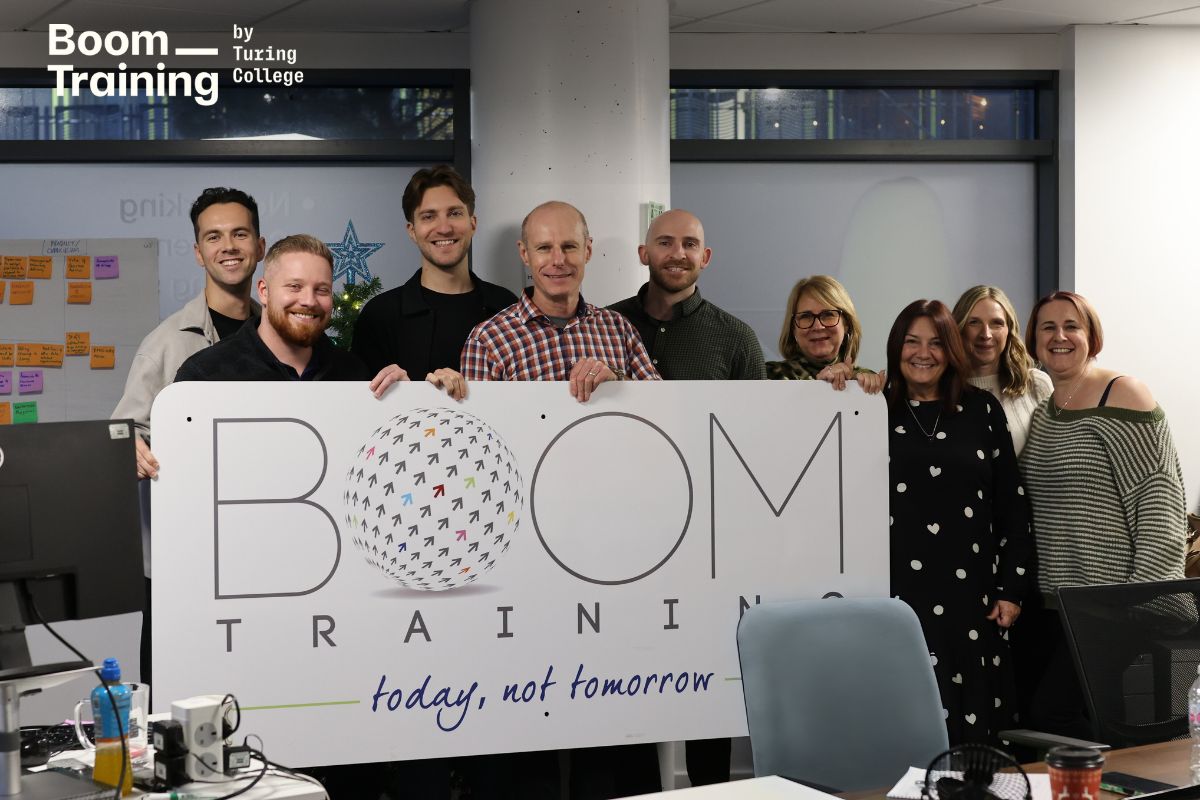The future skills system: an action plan for change

Dame Julie Mellor, Chair of The Skills Federation, outlines a four-point action plan to address the UK’s skills challenges, including a national industrial strategy, workforce development transformation, sector-specific approaches, and an improved careers strategy, to drive economic growth and create a future-ready workforce.
Whoever forms the next government will need to seize the opportunity to swiftly move from the intensity of the campaign, close the chapter on the previous parliament and focus on addressing the substantial challenges facing the UK.
Central to these challenges is tackling the persistent low economic growth since the financial crisis that has been further aggravated by high inflation and severe skills shortages in critical sectors. Additionally, a cost of living crisis is profoundly impacting the daily lives of people across the UK.
The skills sector plays a crucial role in providing the platform for individuals to advance their careers, driving productivity and economic growth as well as helping us meet the challenges ahead of technological changes and meeting net-zero targets.
Key challenges
Despite the critical importance of the skills sector, the current system faces several fundamental challenges. A combination of factors including the loss of the European workforce, high post-Covid inactivity rates, and an ageing population have exacerbated skills and labour shortages, severely impacting industry and public services.
A lack of coherent employer voice at the heart of the skills system has led to a disconnect between industry needs and policy-making. The current system’s rigidity fails to accommodate the diverse needs of different industries, particularly regarding workforce development. We also need to respond with greater speed and agility to build the skills we need to support the green transition and technological challenges ahead. Add to this the lack of a strategic, cohesive approach to careers information, advice and guidance which leaves many young people unprepared to make informed career decisions, and it is clear that there are a multitude of challenges for whoever wins the general election.
At this critical time, we need a fresh approach to ensure that we cultivate a skills system that fosters growth by providing a robust talent pipeline across all economic sectors, enabling individuals to advance from jobs to rewarding careers.
The conversations I’ve had across our member colleagues, 19 sector skills bodies representing 150,000 UK employers, has helped identify four key areas for the future government to address that provides an action plan for change.
Four-point action plan
Firstly, we need a national industrial strategy, developed in partnership, addressing the decade-long underinvestment in skills. This plan should prioritise skills critical for growth, technological advancement and achieving net-zero targets. We welcome the Association of College’s call for a new national social partnership bringing together the voices of employers and industry alongside government to set priorities for the whole country. An approach along these lines, together with improved coordination between Local Skills Improvement Plans (LSIPs), leveraging successful models and avoiding duplication could see greater efficiency and flexibility to ensure the system works for all.
Secondly, we need to see a transformation in workforce development. An overhaul of the current apprenticeship levy could help embed opportunities for upskilling and reskilling, with greater opportunities for modular, employer-led and flexible training. We need to engage employers and sector skills bodies in the design and update of apprenticeship standards, incorporating a modular approach and addressing participation barriers. We also need to iron out the challenges in the current T Levels offer, protecting existing qualifications such as BTECs until new systems are fully operational and trusted.
Thirdly, we need to stop applying a ‘one-size-fits all’ approach and recognise that different sectors need a different approach. For example, what will work for industries where high levels of technical knowledge are required, may not be the same for industries where entry points are at level 2. Working flexibly would allow key industries to negotiate flexible co-investment deals tailored to their workforce development needs, beyond what the current apprenticeships can provide. We also need to look at reform of the apprenticeship levy to allow development of bespoke workforce development programmes while safeguarding apprenticeships for young people.
And finally we need an improved careers strategy to set the direction and purpose of career development for young people and adults. This needs to reduce fragmentation and create a cohesive, all-age approach, involving sector skills bodies and utilising existing industry resources and work placement opportunities.
Looking ahead
There is also an important issue of social inclusion, equity and fairness here. Promoting social mobility and regional equity will help prepare individuals for the future workforce, and that means ensuring that we address now the growing digital divide and ensure that everyone can participate in and benefit from the digital economy.
By working better with industry to create a more effective and efficient skills system, the new government could create a more resilient, responsive and dynamic economy that aligns with industrial needs and supports economic growth. This will ensure that Britain is better equipped to meet future challenges and make improvements that can benefit the whole population. Embracing these recommendations and working with us to build a future-ready workforce will help drive productivity and the UK’s economic success.
By Dame Julie Mellor, Chair of The Skills Federation (also known as the Federation for Industry Skills and Standards (FISSS)











Responses